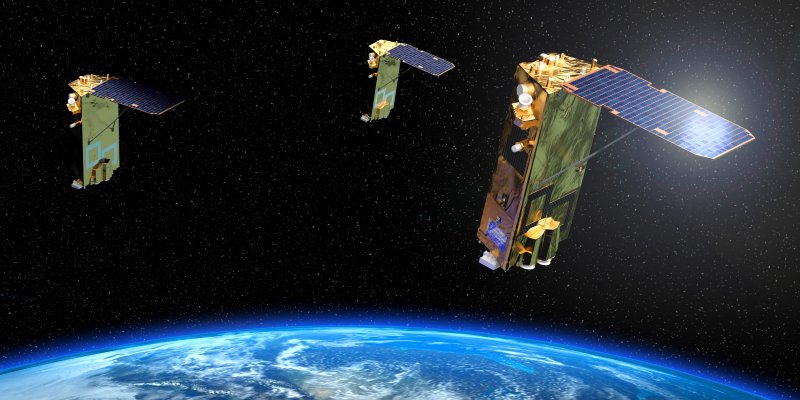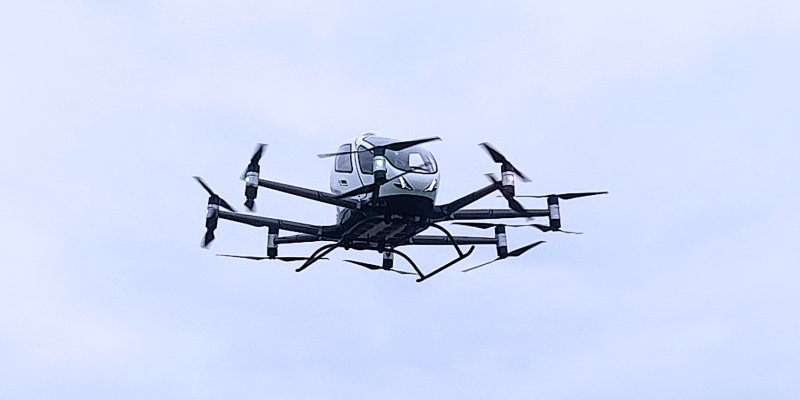The Open Geospatial Consortium (OGC) has adopted the OGC GML in JPEG 2000 Encoding Standard (Part 1 – Core) (GMLJP2) version 2.
In 2006 the OGC published Version 1.0 of GMLJP2 to address problems encountered when attempting to have satellite images fit to Earth coordinate systems and “match up” to other sources of geospatial information. These are difficult problems because there are many sources of both Earth images and geospatial information, all with different coordinate reference information. GMLJP2 version 2 is the latest in a series of interrelated standards that have come into wide use in various application domains that use imagery.
JPEG 2000 is an image compression format widely used to store and transport imagery. The OGC Geography Markup Language (GML) is a widely used XML (eXtensible Markup Language) encoding for the transport and storage of geographic information, including vector data and non-spatial properties of geographic features. The GMLJP2 geospatial data encoding standard defines how the OGC Geography Markup Language (GML) is to be used within JPEG 2000 images for adding geographic content to imagery.
GMLJP2 Version 2 eliminates shortcomings of Version 1 and also addresses shortcomings of competing methods of using JPEG2000 in geospatial applications.
Standards organizations cooperate in the continual improvement and updating of the international open standards that provide a platform for seamless service-based publishing, discovery, assessment, ordering, access and processing of geospatial information. This suite of standards evolves to keep up with evolving application requirements and the world’s evolving Information Technology ecosystem. The OGC will announce another standard related to GMLJP2 – “GMLCOV for JPEG2000” – in 2015. GMLCOV for JPEG2000 will support improved interoperability and integration and address a more varied set of spatial data types and applications.
All OGC standards are free and publicly available on the OGC Standards Page. You can view the GML in JPEG 2000 (GMLJP2) Encoding Standard version 2 at http://docs.opengeospatial.org/is/08-085r4/08-085r4.html.
The OGC is an international consortium of more than 495 companies, government agencies, research organizations, and universities participating in a consensus process to develop publicly available geospatial standards. OGC standards support interoperable solutions that “geo-enable” the Web, wireless and location-based services, and mainstream IT. Visit the OGC website at http://www.opengeospatial.org/.






